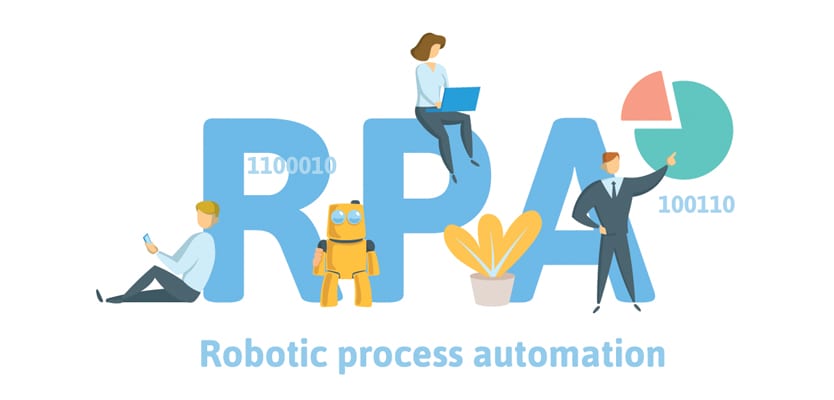RPA: Helping ixigo improve conversion rates
Abhishek Rawal explains how ixigo is using the Robotic Process Automation (RPA) tool to reduce HR costs and increase conversion rates
Abhishek Rawal explains how ixigo is using the Robotic Process Automation (RPA) tool to reduce HR costs and increase conversion rates
The Robotic Process Automation (RPA) tool has impacted the bottom line by 8-10 per cent, because the features offered have reduced the HR costs and increased the conversion rates. ixigo, the travel and hotel booking ecommerce website has an active user base of three million, with an overall userbase of 100 million travellers. The company has implemented Robotic Process Implementation (RPA), a technology that eliminates repeatable tasks, which requires human intervention. Basically, the tasks done by manual labour are done by a software, known as ‘Software Robots’, for e.g. for doing a webcheckin, previously when the passenger had to fill in all his details by himself, now with a software robot, everything is automated after providing the seat type and location.
For ixigo, RPA implementation has enabled millions of transactions to be done on a daily basis. “The tool has impacted the bottom line by 8-10 per cent, because the features offered have reduced the HR costs and increased the conversion rates. The employees who were initially handling customer support are now doing cross and upselling,” informs Himanshu Periwal, VP Growth, ixigo. The RPA tool has been built inhouse by the technology team at ixigo, to the extent that the logic inside the tool is indigenous to ixigo. The tool has been designed on the native tech stack.
A team of over 10 employees from across functions has designed the product. No off the shelf tool has been used. RPA for intelligent automation has been deployed in more than 100+ sub-processes. The key functions include:
Pre-transaction – Finding the best fares, finding the best time to book followed by suggestions on the fares if the passenger decides to wait until the suggested date, suggesting destinations for vacation etc. In case of regular customers, the autofill option is made available. It eliminates regular details to be typed separately.
Transaction – Helping users book tickets, resolving queries around that booking etc.
Post-transaction – Handling refund/cancellation queries, in-destination queries/suggestion while travelling etc.
“Most of these are done by our AI chatbot TARA which is also integrated on our Whatsapp business account. Moreover, we have fare intelligence product that uses AI & ML to give pre-transaction suggestions,” says Periwal. Hitherto there were 10-12 employees dedicated for handling ticket cancellations and providing refunds. After automation, they have all been moved to other productive functions. The webcheckin facility has been completely automated. The passenger needs to fill in details about the seat type (window/aisle) and location (front or back of aircraft), everything else is automated. Previously, it used to take minutes and now it happens in a few seconds.
“TARA handles 75-80 per cent of our transactional user queries, essentially saving work for about 10-12 people per day,” says Periwal.


